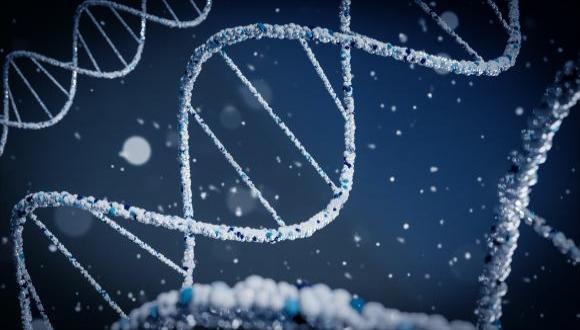Can RNA Affect Memory Modulation? Implications for PTSD Understanding and Treatment
From the International Journal of Molecular Sciences
Amid the chaos and violence of ancient battles, a different kind of casualty often went unnoticed. It was not a physical wound, but a psychological one, inflicted by the horrors of war on the minds of soldiers. In the earliest literature of mankind, we can glimpse the traces of this invisible damage, recorded in the stories and legends that have survived to this day. In the book of Deuteronomy, we find a passage that speaks to the psychological toll of warfare. It describes how military leaders would assess the courage of their troops before going into battle, asking: ‘What man is there that is fearful and fainthearted? Let him go and return unto his house, lest his brethren’s heart faint as well as his heart.’ Even in ancient times, military commanders recognized that witnessing death and experiencing the trauma of war could leave lasting scars on the minds of their troops. Thanks to the progress made in neuroscience and molecular biology over the past few decades, we now have a better understanding of the intricate mechanisms that underlie memory formation, storage, and maintenance. These complex processes involve numerous molecular actors, each playing a vital role in shaping our memories. One of these molecular actors is RNA, which has been the subject of extensive research since the 1980s. In particular, recent studies have shed light on the role of messenger RNA (mRNA) alterations in the formation and modulation of fear memories, which are often abnormally regulated in cases of post-traumatic stress disorder (PTSD)





